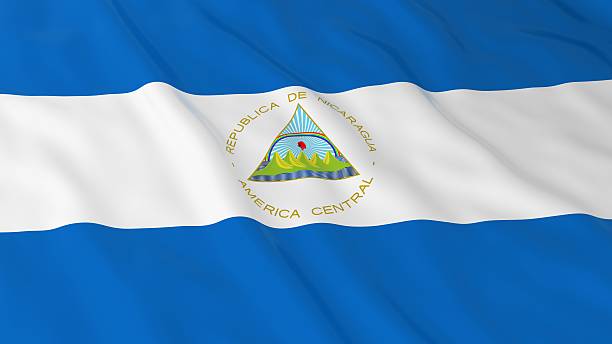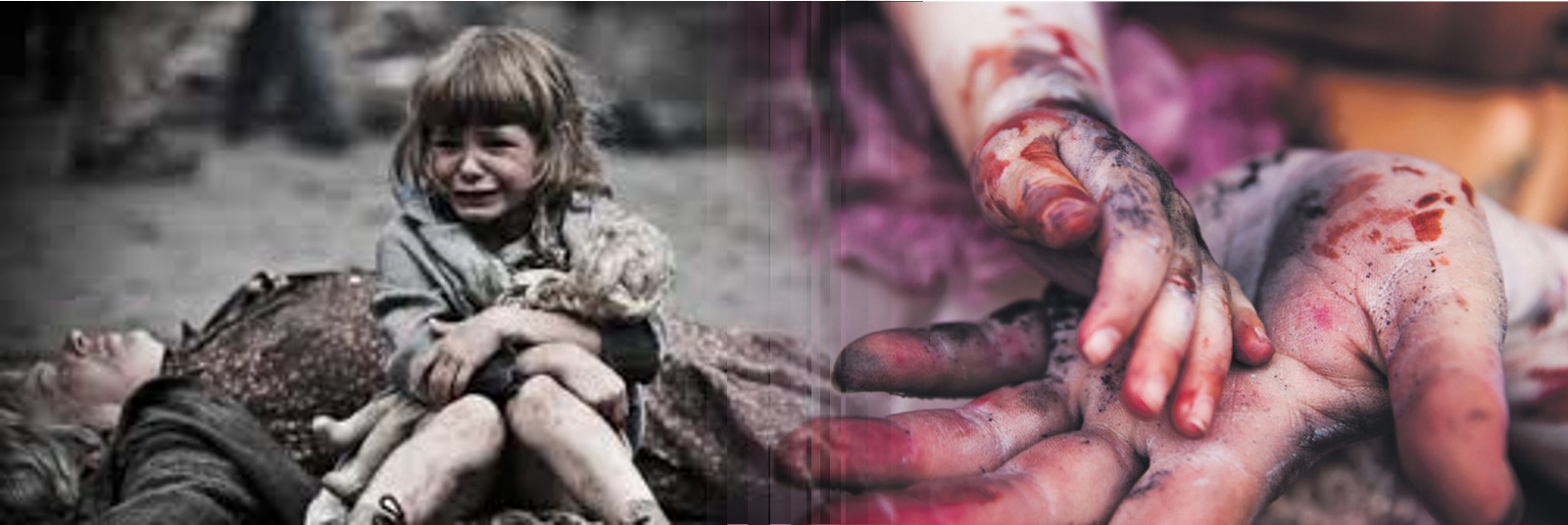Global Stakes rise as Nicaragua takes on Germany: A New ICJ Case

A new court case has been brought in front of International Court of Justice (ICJ). Nicaragua takes Germany to the United Nation’s (UN) highest court on the basis of German government’s arms supply to Israel. Nicaragua for a long time had been a supporter for Palestine’s cause and taking this battle one step further by bringing a case against the Germany in front of ICJ. Nicaragua’s general claims are Germany by giving Israel financial and military support thus Germany is aiding the genocide in Gaza and breaking the Genocide Convention. It demands immediate action and an order for Berlin to stop supporting Israel throughout the conflict. Nicaragua is also anticipated to claim that Germany is supporting Israel’s flagrant violations of the Geneva Conventions, including the duty to protect civilians during armed conflict, at Monday’s opening proceedings at the Hague court.[1]
In light of these, Germany’s arms trade and financial funds to Israel during this conflict in Gaza could potentially endanger civilians and further the conflict without any hope to stop. In Nicaraguan officials’ 43-page report to ICJ, they claim that Germany is in breach of the 1948 UN Genocide Convention. Their claims are based on the Germany’s arms trade with Israel during this conflict and also their defunding of The United Nations Relief and Works Agency for Palestine Refugees in the Near East (UNRWA). Considering these, Nicaragua claims Germany is facilitating a genocide by Israel.
However, the further implication of this case is much more complex than it already is. In this legal confrontation at the ICJ Nicaragua’s challenge transcendence the legal corridors and dives into the political realms of the world. This case is deeply connected to the military alliances, political and economic partnerships which Nicaragua’s bold allegations on the ICJ might shake them on multiple levels. As Nicaragua accuses German government on aiding Israel of genocide while violating Geneva Convention, superpowers of the globe would most certainly cast their long shadows on this case. In its core, this case represents at what level should a country be hold responsible for their military support/trade to another country especially if that state is already being alleged to violate international humanitarian laws.
In connection to this, it should be remembered that ICJ is a court of the UN and some certain countries shares the highest percentage of budgeting these courts and the UN itself in general. Furthermore, the ramifications of the future effects of this court case would definitely hold some consequences on these certain superpowers around the world. These powerful backers’ investments and aids are not just financial but strategic as well to shape the international legal order in their interests. In relation to this, the impartiality of this court related to this case might be questionable since Nicaragua is a country with relatively of less influence over the international community then these superpowers themselves.
Furthermore, the ramifications of this case could shift the power balance of the world powers which was structured post World War II. By taking Germany to ICJ, Nicaragua is making a statement to the world powers with challenging them through not just legality but through their traditional power blocs and on their influence over global governance institutions as well. This action of Nicaragua could continue to inspire other nations to do the same, using international legal mechanisms to challenge the status quo and bringing very real problems not just to the public but to the international community itself. Moreover, this case also holds light on the role of arms trades and the responsibilities that comes with it. Fundamentally, a country’s active arms trade in a conflict zone should be accountable and transparent to hold them responsible under international laws if that country’s actions continue to boost the conflict at hand.
In conclusion, Nicaragua vs. Germany on the ICJ is so much more than a legal dispute. It signifies a political test in our times towards the international status quo among nations and the responsibilities that countries need to take on themselves. Regardless of the outcome of this case, the reflected influence of the superpowers over the international relations specifically on the UN and its courts should be observed with utmost care and this Nicaraguan case could represent a perfect example for this. Lastly, the international law slowly becoming a battlefield for conflicting ideas of justice, sovereignty, and global responsibility as a result of the massive influences of international actor/superpowers and this case could reflect on this perfectly.
By The World Forum on Peace and Security
[1] https://www.nytimes.com/2024/04/08/world/middleeast/nicaragua-germany-world-court-israel-arms.html






